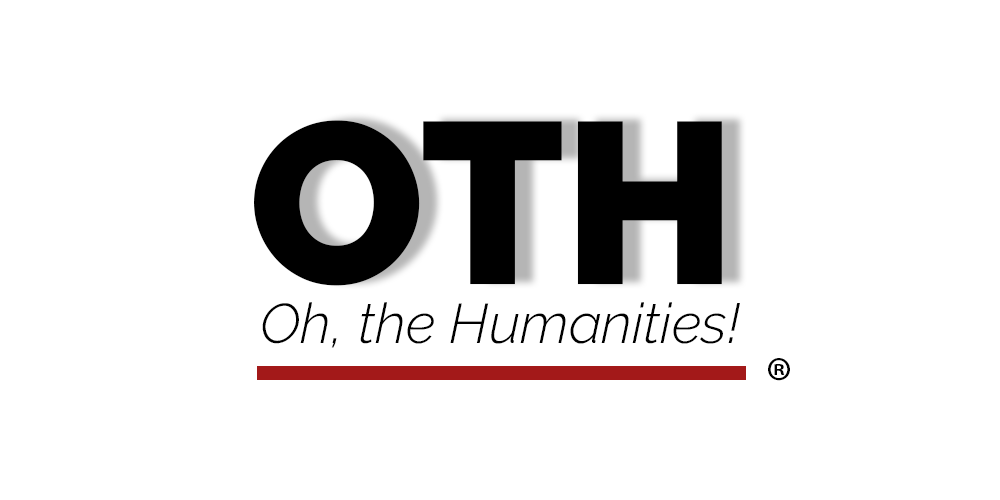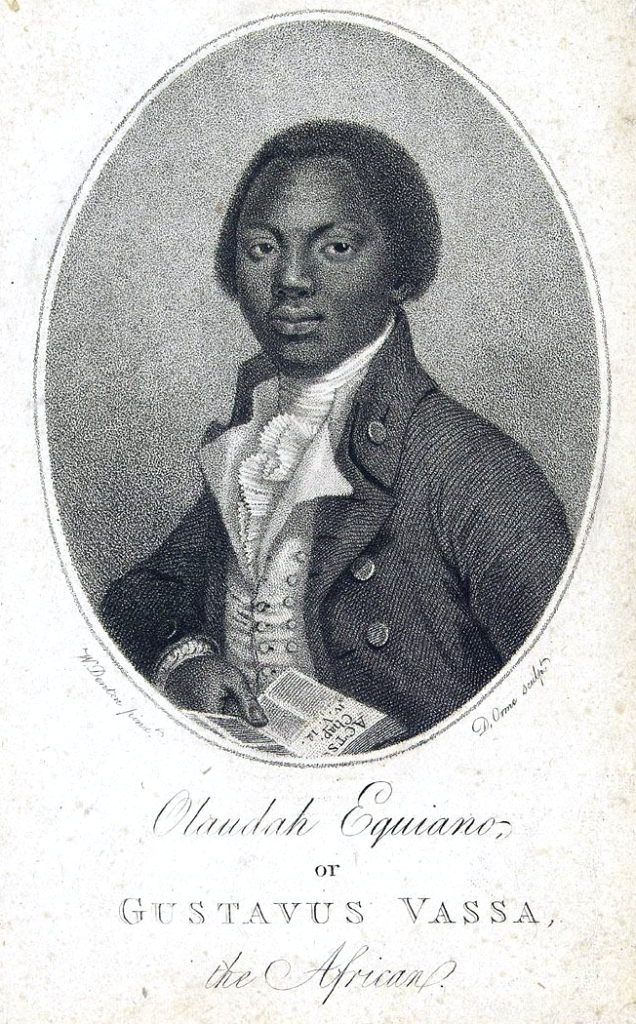
TENTH ANNUAL UNIVERSITY PRESS WEEK,
NOVEMBER 8-12,
WELCOMES ALL TO “KEEP UP” WITH A DECADE OF EXCELLENCE AND INNOVATION
FOR IMMEDIATE RELEASE
Thursday, October 7, 2021 (New York, NY)—Celebrating the many ways university press publishing has evolved and excelled over the last decade, the Association of University Presses (AUPresses) has chosen “Keep UP” as the theme for this year’s tenth annual University Press Week (UP Week). The event runs from Monday, November 8, through Friday, November 12.
“Keep UP” is significant in a time when great change has come to all quarters of book publishing and the media. For university presses, the past decade has presented opportunities that have allowed these nonprofit publishers to explore new ways to reach readers, amplify ideas, and sustain scholarly communities while remaining steadfast in their commitment to advancing knowledge. To mark a momentous and eventful decade of university press publishing and UP Weeks, this year AUPresses members have suggested a “Keep UP Gallery” and Reading List that showcase books, journals, open access reading platforms, podcasts, and other efforts that put member UPs at the forefront of today’s issues and ideas.
“The inaugural theme of University Press Week back in 2012 was ‘Contributing to an Informed Society,’” said AUPresses Executive Director Peter Berkery. “In the ten years since, the university press community has stayed true to this goal, keeping up the highest standards of scholarship and championing the power of ideas.”
AUPresses President, University of Georgia Press Director Lisa Bayer, agreed. “As the world changes, so do university presses, adapting subject areas, author lists, and publishing know-how to grow into an ever more diverse, ever more global community,” she said. “An informed society is as important as ever, and we are proud to honor the forward-thinking work that has made university presses leaders in their fields and a force to keep up with.”
University presses’ shared commitment to promoting new ideas is clearly represented by their choices for this year’s Keep UP Gallery and Reading List, which includes Pain and Shock in America: Politics, Advocacy, and the Controversial Treatment of People with Disabilities by Jan Nisbet (Brandeis University Press); Unconscious Bias in Schools: A Developmental Approach to Racism, Revised Edition by Tracey A. Benson and Sarah E. Fiarman (Harvard Education Press); Trans Bodies, Trans Selves: A Resource by and for Transgender Communities edited by Laura Erickson-Schroth (Oxford University Press); Black Snake: Standing Rock, the Dakota Access Pipeline, and Environmental Justice by Katherine Wiltenburg Todrys (University of Nebraska Press); and Contemporary Asian American Activism: Building Movements for Liberation edited by Diane C. Fujino and Robyn Magalit Rodriguez (University of Washington Press).
Also trending in the Keep UP selections are projects that make books and authors more accessible to the wider world. Audio features prominently: the Southern Illinois University Press Blanket Fort Radio Theater features student-produced serialized audiobook podcasts, turning previously published titles into free audio versions. Syracuse University Press entered into an audiobook partnership with the Syracuse University Libraries’ Sound Beat: Access Audio. The University of the West Indies Press created the Caribbean Biography Audiobook Series and Wilfrid Laurier University Press launched the Amplify Podcast Network, which helps their authors share their research with academic and popular audiences. Other presses are showcasing ebook, online, and new format initiatives, such as Ediciones Uniandes’ online e-book platform—the first digital university press platform in Colombia (which offered most of its content for free during pandemic 2020)—and Harvard University Press’s Digital Loeb Classical Library, making Greek and Latin literary classics accessible to the broadest range of readers. Notably, Penn State University Press’ Graphic Mundi imprint is just one of several new UP efforts to publish graphic novels and nonfiction.
When asked why they chose their book or project for the Keep UP Gallery, presses offered a variety of reasons. Publicity Manager Kait Heacock of the University of Washington Press said, “Asian American Activism was perfect for the Keep UP theme this year because it is the first anthology of its kind that centers intergenerational lessons from on-the-ground Asian American activists and activist-scholars. It moves beyond the frequently covered activism of the ’60s and ’70s to illuminate the story of present-day Asian American activism in struggles for environmental justice, workers’ rights, housing justice, prisoner rights, and movement-building in Asian American communities.” University of the West Indies Press series editor Funso Aiyejina offered several reasons why the press chose to feature its Caribbean Biography Audiobook Series this year: “Each biography is carefully curated, starting with the matching of each subject to a specialist scholar in the relevant field; each book is subjected to a rigorous process of writing and re-writing and editing to ensure that the tone is pitch-perfect; each book is reader-friendly, stripped of academic jargon; and each book is deliberately short and entertaining enough to be read at a sitting. The cover design for the Series also celebrates the visual vibrancy and intellectual confidence of the Caribbean.”
Events and promotions during the week will celebrate these and other achievements of the past decade as well as the bright future of university press publishing. The UP community will host online celebrations of this year’s theme via a blog tour, and industry supporters such as Ingram, NetGalley, and Baker & Taylor also will mark the week online through special messages and marketing. A virtual panel focused on the strengths and challenges of university press publishing organized by Seminary Coop in Chicago, will take place on Wednesday, November 10, at 2:00 PM ET, featuring bestselling University of West Virginia Press author Deesha Philyaw, University of North Carolina Press Publisher John Sherer, Point Reyes Books owner and longtime bookseller Stephen Sparks, and Seminary Coop’s own Alena Jones.
University presses publish nearly 12,000 books each year, as well as more than 1,500 journals and numerous innovative digital works. One hundred and fifty-nine presses belong to AUPresses, and 20% of that number are presses based outside the U.S.
Since 1937, the Association of University Presses advances the essential role of a global community of publishers whose mission is to ensure academic excellence and cultivate knowledge. The Association holds intellectual freedom, integrity, stewardship, and diversity and inclusion as core values. AUPresses members are active across many scholarly disciplines, including the humanities, arts, and sciences, publish significant regional and literary work, and are innovators in the world of digital publishing. You can learn more at http://www.aupresses.org/
# # #


 “The Interesting Narrative of the Life of Olaudah Equiano; or Gustavus Vasa, the African, written by Himself.” These tickets should be easy to sell, she thought. A story of life in Africa, kidnapping, enslavement, the Middle Passage. It’s eighteenth century HipHop. A man claims himself and defies the odds. It’s edgy; it’s truth revealed. Certainly the students who chose to go to a Historically Black College would be engaged, maybe even excited. Two young women arrive on time, one perpetually on her phone and the other hiding behind her computer. Thirty minutes into class, two young men come in, one completely empty handed, the other with a pencil and spiral notebook through which he shuffles trying to find a blank page. With ten minutes of class remaining, she gets their attention with the question, “How do we dehumanize people now?” She leads them by the nose, connecting the dots: slaves were dehumanized to legitimate atrocities against humanity; after 911, Muslims were dehumanized to increase fear and legitimate a war; Trump used tear gas on peaceful BLM protests for a photo-op at his convenience and a platform of “law and order.” How much has changed, she asks as she steps hopefully out onto her right pointe shoe, leg poised to elevate, but never coming off the floor.
“The Interesting Narrative of the Life of Olaudah Equiano; or Gustavus Vasa, the African, written by Himself.” These tickets should be easy to sell, she thought. A story of life in Africa, kidnapping, enslavement, the Middle Passage. It’s eighteenth century HipHop. A man claims himself and defies the odds. It’s edgy; it’s truth revealed. Certainly the students who chose to go to a Historically Black College would be engaged, maybe even excited. Two young women arrive on time, one perpetually on her phone and the other hiding behind her computer. Thirty minutes into class, two young men come in, one completely empty handed, the other with a pencil and spiral notebook through which he shuffles trying to find a blank page. With ten minutes of class remaining, she gets their attention with the question, “How do we dehumanize people now?” She leads them by the nose, connecting the dots: slaves were dehumanized to legitimate atrocities against humanity; after 911, Muslims were dehumanized to increase fear and legitimate a war; Trump used tear gas on peaceful BLM protests for a photo-op at his convenience and a platform of “law and order.” How much has changed, she asks as she steps hopefully out onto her right pointe shoe, leg poised to elevate, but never coming off the floor. Elizabeth Kuipers’s love of teaching began in
Elizabeth Kuipers’s love of teaching began in